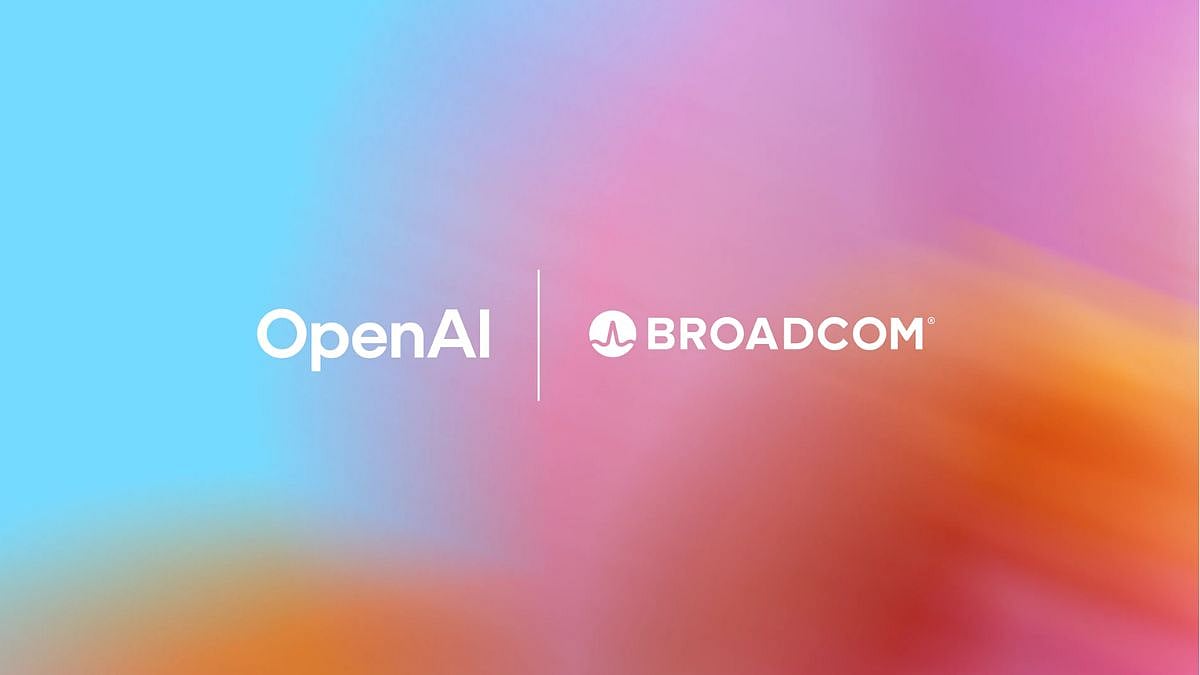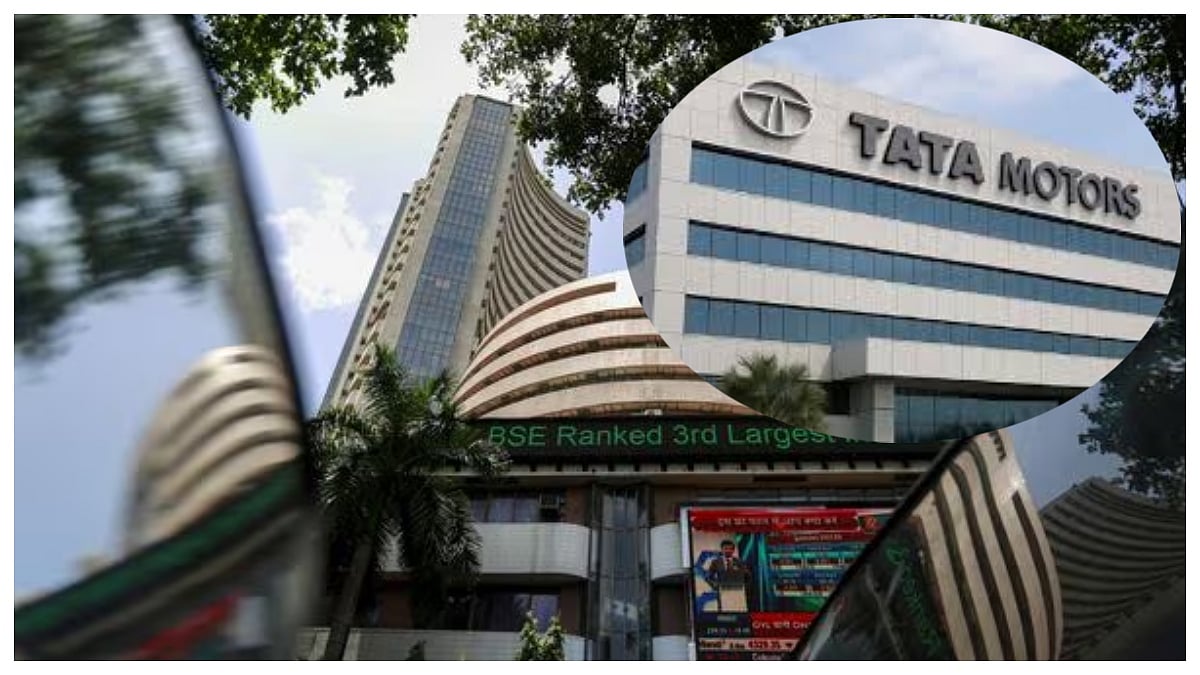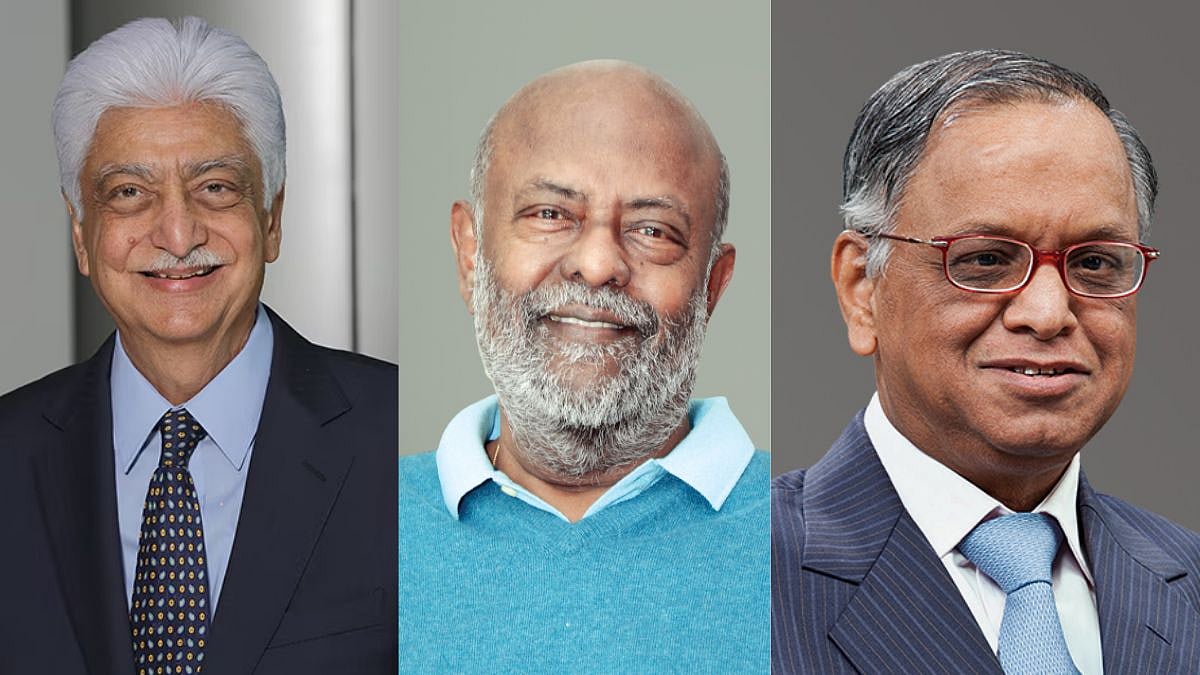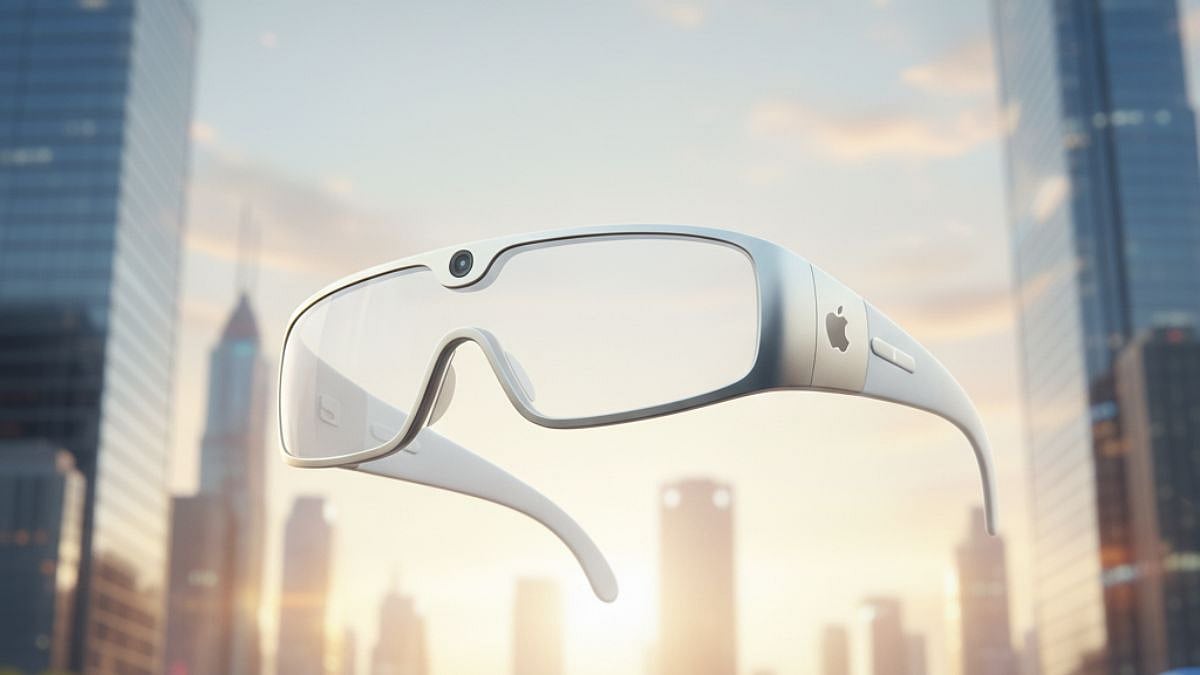OpenAI and Broadcom announced a multi-year collaboration to co-develop and deploy 10 gigawatts of custom AI accelerators designed by OpenAI, marking the company's first in-house AI processor initiative. Under the agreement, OpenAI will handle the design of the accelerators and systems, while Broadcom will manage development, manufacturing, and deployment of racks incorporating these components along with its Ethernet-based networking solutions for scale-up and scale-out operations.
The partnership builds on prior co-development agreements between the companies and was formalised through a signed term sheet. Deployments are scheduled to begin in the second half of 2026 and conclude by the end of 2029, with systems to be installed in OpenAI's facilities and partner data centers to address increasing global demand for AI computing resources. The 10 gigawatts of capacity equates to power needs comparable to those of more than 8 million US households or five times the output of the Hoover Dam, highlighting the scale of energy required for advanced AI infrastructure.
This deal follows a series of recent chip and infrastructure commitments by OpenAI, including a 6-gigawatt supply agreement with AMD announced the previous week that includes an option to acquire a stake in the chipmaker, and a partnership with Nvidia involving up to $100 billion in investments and at least 10 gigawatts of data-center capacity. Additional deals in recent weeks involve Oracle, Samsung, and SK Hynix for data centers and chips, as OpenAI seeks to diversify suppliers and reduce reliance on third-party processors amid supply constraints. The custom accelerators aim to integrate insights from OpenAI's frontier model development directly into hardware, potentially optimizing performance for specific workloads like inference.
Broadcom's involvement emphasises Ethernet technology over alternatives like Nvidia's InfiniBand for networking in AI data centers, and the company clarified that this partnership is separate from a previously reported $10 billion custom AI chip order from an unnamed customer in September . Financial terms of the agreement were not disclosed, and it remains unclear how OpenAI will fund the project, with some observers noting the absence of profitability signals despite rapid growth to over 800 million weekly active users.
Sam Altman, co-founder and CEO of OpenAI, described the partnership as a critical infrastructure step to unlock AI's potential for people and businesses, adding that developing in-house accelerators contributes to the ecosystem pushing AI frontiers for humanity's benefit.
Greg Brockman, OpenAI co-founder and president, stated that the collaboration would drive AI breakthroughs by embedding model-specific learnings into hardware for enhanced capabilities. Hock Tan, president and CEO of Broadcom, called the tie-up a pivotal moment in pursuing artificial general intelligence, crediting OpenAI's leadership since ChatGPT's launch.
The announcement triggered a significant market reaction, with Broadcom shares rising more than 12 percent in premarket trading on October 13, adding over $150 billion to its market value and contributing to a nearly six-fold stock increase since late 2022.









